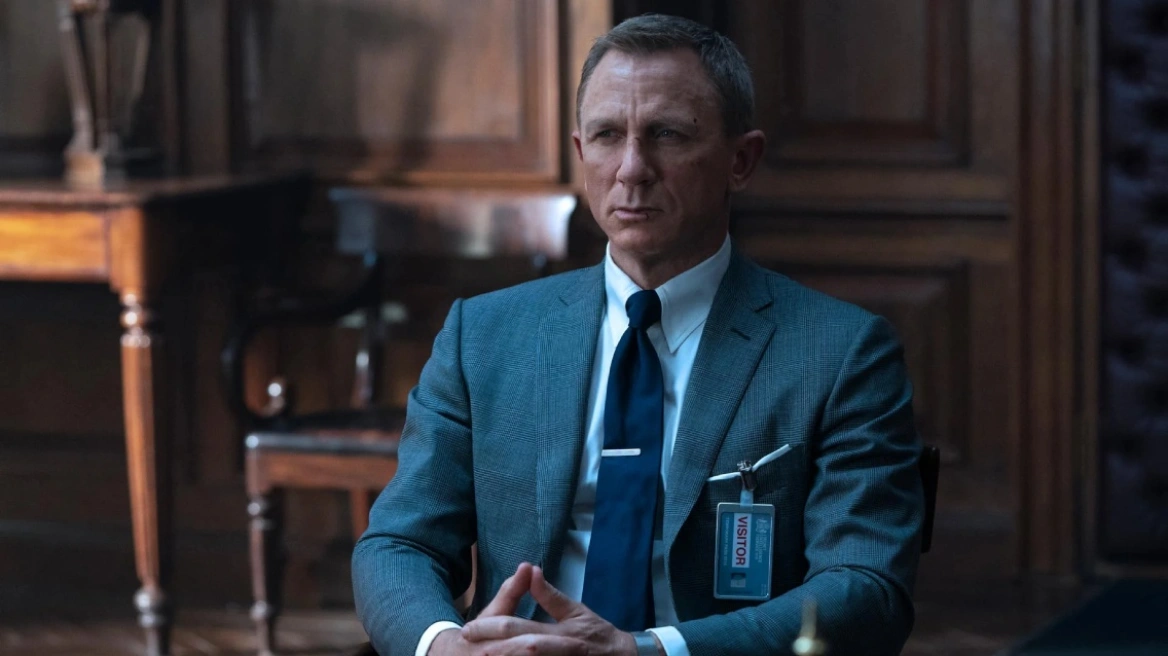The winner of the German election, the leader of the conservative CDU party, Friedrich Merz, is beginning to shape his political footprint, sending clear messages to the United States, Britain, and Israel ahead of taking office as chancellor of Germany.
His first moves, well before negotiations to form a government began, reveal his foreign policy priorities, his commitment to the North Atlantic alliance, and his political stance on the International Criminal Court (ICC).
Meanwhile, referring to his government’s European policy, he said on Monday afternoon that it was “12 to 5 to 5” for Europe and that is why, he said, we must remain united. Already last night he spoke on the phone with French President Emmanuel Macron and plans to coordinate with him to address the new US stance. “I assume that under Donald Trump the US interest in Europe will diminish, but I still hope that the good transatlantic relationship will be maintained. But this requires an agreement within Europe,” the CDU leader said.
Call to Netanyahu
Merz’s most controversial move was his invitation to Israeli Prime Minister Benjamin Netanyahu to visit Germany, despite an international arrest warrant issued against him by the International Criminal Court.
According to a statement from Netanyahu’s office, during a telephone conversation between them, Merts congratulated him on his CDU victory and expressed his support, calling the ICC’s decision to consider him a war criminal “scandalous”. For his part, a CDU spokesman confirmed the phone call but refrained from commenting on the content of the conversation.
Germany, as a signatory to the ICC, has a legal obligation to enforce the court’s rulings, which makes Merz’s invitation to Netanyahu a highly controversial political choice. However, Berlin retains a historical responsibility to Israel because of the Holocaust, with Merts repeatedly emphasizing his firm support for the Jewish state.
The ICC has issued arrest warrants for Netanyahu, former Israeli Defense Minister Yoav Galad, and Hamas leader Ibrahim al-Masri, charging them with war crimes and crimes against humanity committed during the Gaza conflict. Israel rejects the jurisdiction of the ICC and rejects the charges.
Message to the US: the importance of transatlantic relations
Merz expressed his desire to strengthen Germany’s relations with the United States, stressing the importance of NATO cohesion and Europe’s unified voice on trade and defense issues.
“I hope we will be able to convince the Americans that it is in our common interest to maintain good transatlantic relations,” he said, while expressing concern about the signals coming from Washington about the war in Ukraine.
At the same time, he revealed that he had extensive discussions with French President Emmanuel Macron about their contacts with US President Donald Trump, suggesting that European leaders are preparing ahead of Macron and Starmer’s visits to Washington.
Opening up on Britain: closer cooperation with Europe
On Britain, the CDU leader welcomed the willingness of British Prime Minister Kir Starmers to improve relations between the UK and the European Union.
“I particularly welcome the fact that Britain is again seeking a closer relationship with Europe, with the European Union,” he said, suggesting he was positive about the prospect of a new partnership that could improve post-Brexit relations. He also confirmed that he has had talks with Starmer in recent weeks, but did not reveal further details about the content of the discussions.
Tonight the first talks on forming a government
Friedrich Merz said on Monday afternoon that the Christian Union wanted to form a government coalition with the Social Democratic Party (SPD) and will have its first talks with its leadership team today. Within the next few days, Merz will also meet with outgoing Chancellor Olaf Scholz.
“The goal is to have a government capable of taking action again soon. Germany needs a government capable of action,” Merz said, stressing that he wanted to become “chancellor of all Germans”, even those who did not vote for the Christian Union (CDU/CSU). He described the situation in the eastern states, where he said the CDU had not won a single constituency, as “worrying”. “I see with great concern what is happening in the east, given the next state elections in 2026 in Berlin, where the left came out on top yesterday. On immigration, which has become a central issue in the election debate, Friedrich Merz reiterated that he wants the rejection of migrants at the borders to continue: “None of us wants to close the borders. None of us wants to close the border. It is legally feasible,” he said.
We need to stop the border crossings, but we do not want to impose temporary suspensions.
Ahead of negotiations with the SPD, Friedrich Merz said the party was facing an existential crisis after yesterday’s historically low turnout. However, he assured: “I have no interest in destroying the SPD” and reiterated the need for swift negotiations to have the new government ready for action by Easter. He also stressed that he would meet with Olaf Scholz to discuss a smooth transition of power and to ensure that the caretaker government would not take any long-term binding decisions for Germany without first consulting the Christian Union.
Asked whether he had already received congratulations from former Chancellor Angela Merkel, Friedrich Merz replied in the negative.
Ask me anything
Explore related questions





